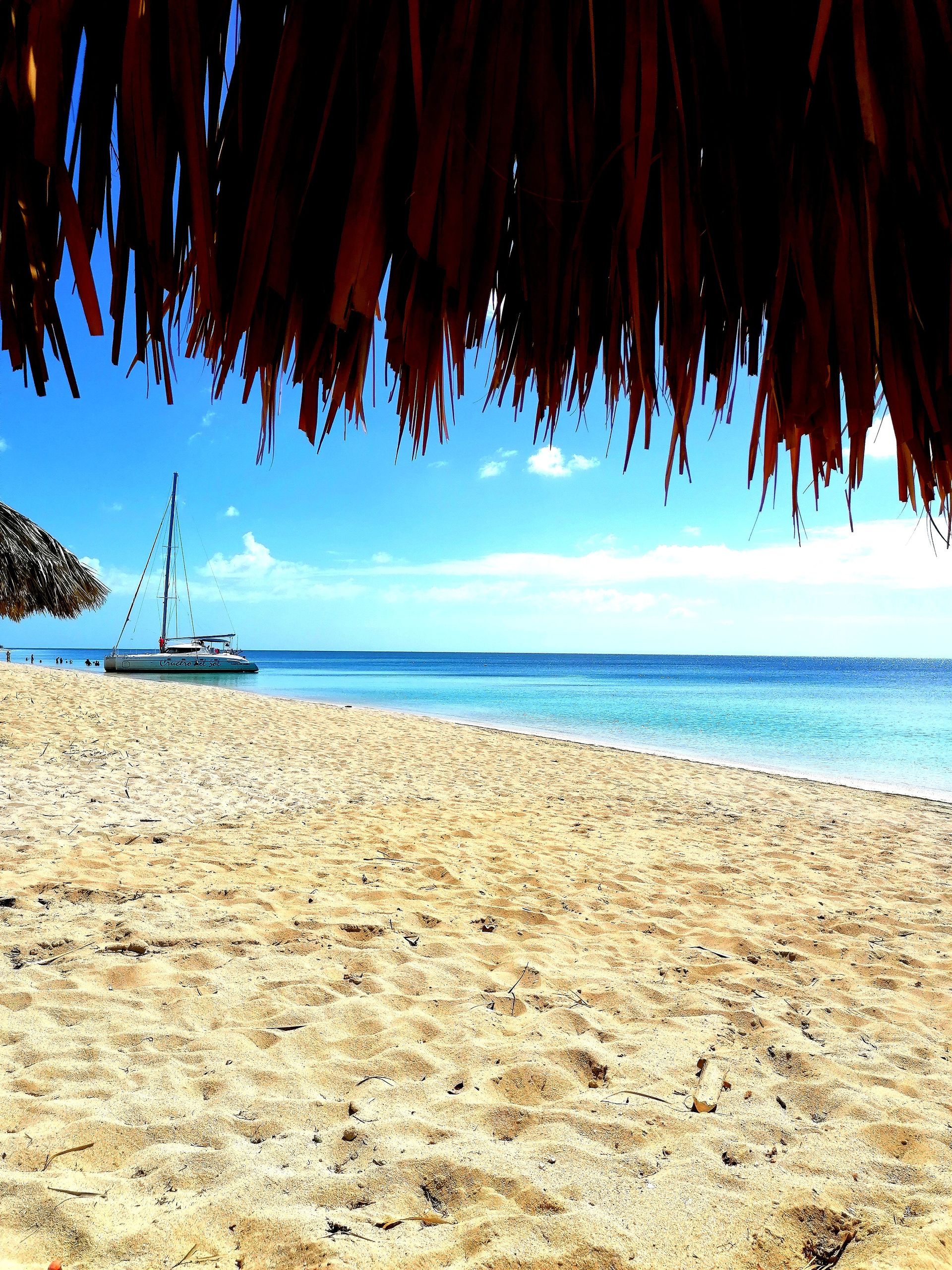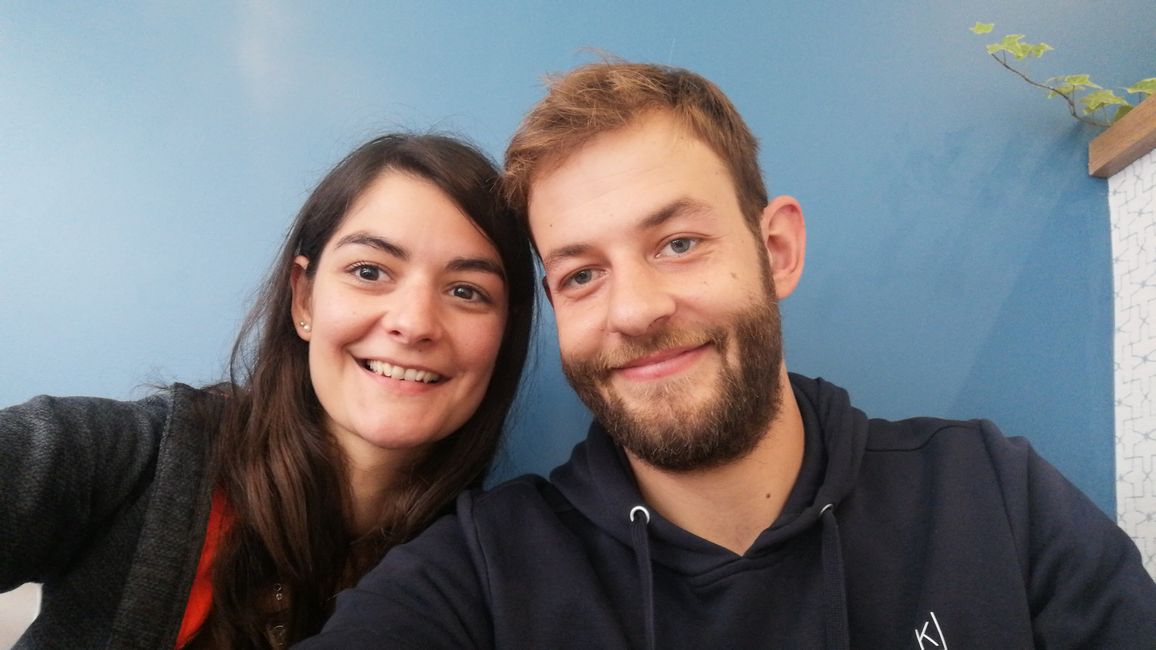टॅग 61 - दास मेडेलिन कार्टेल आणि पाब्लो एस्कोबार
प्रकाशित: 30.11.2022
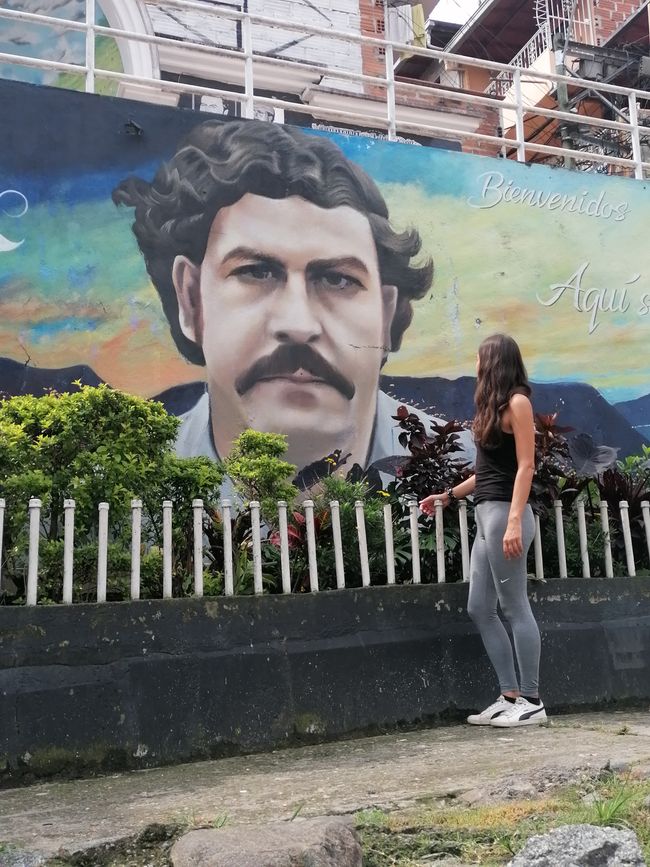
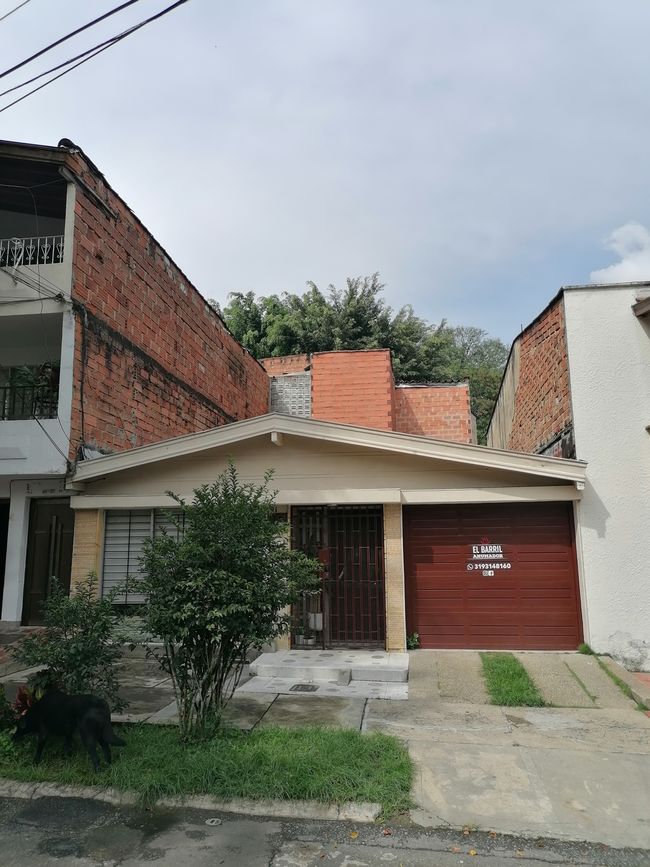
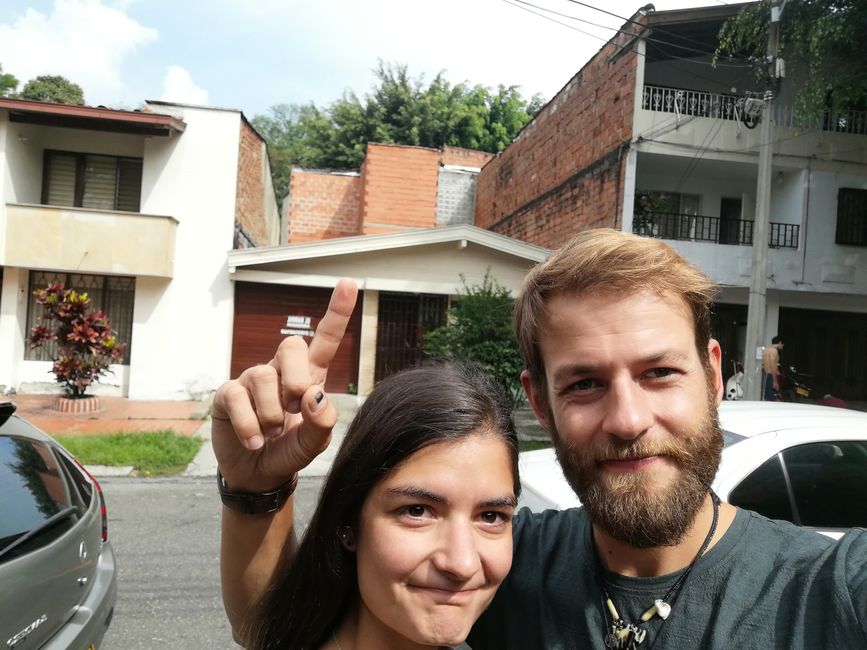
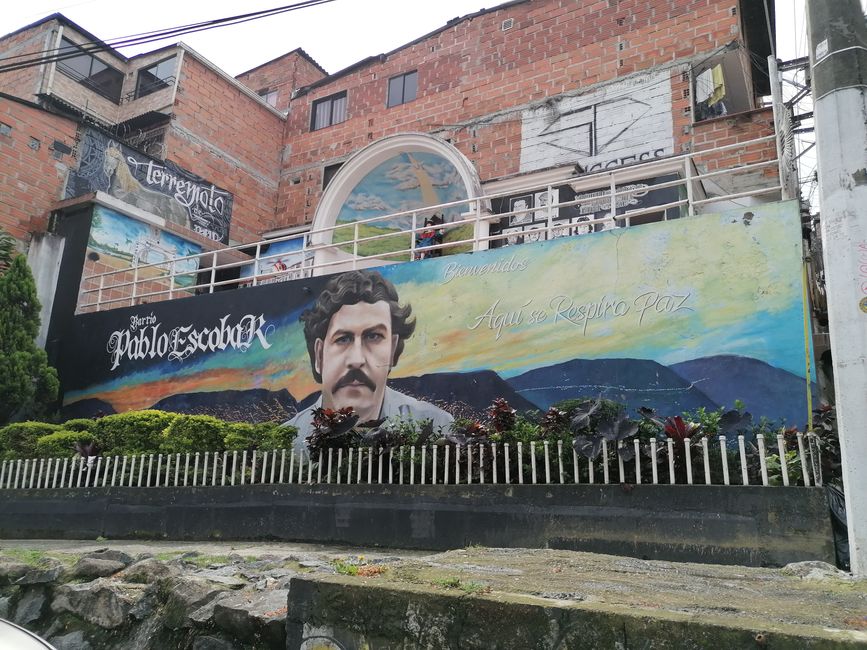
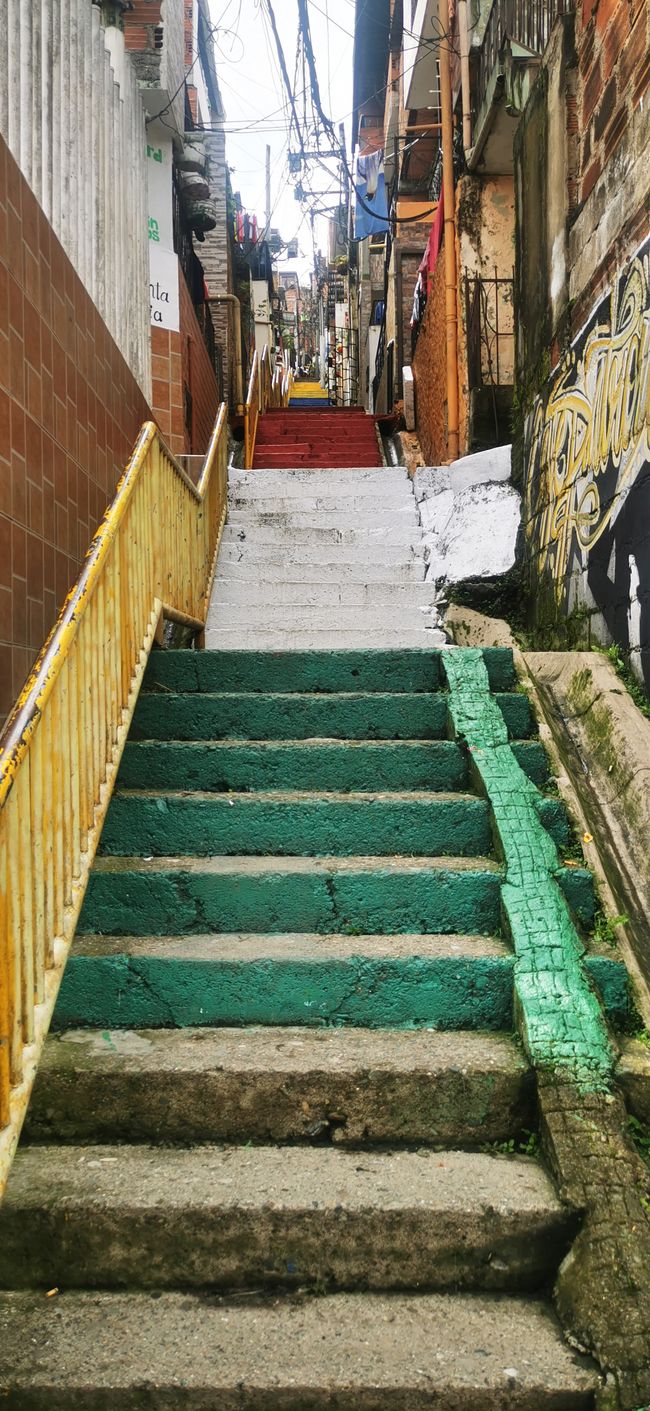
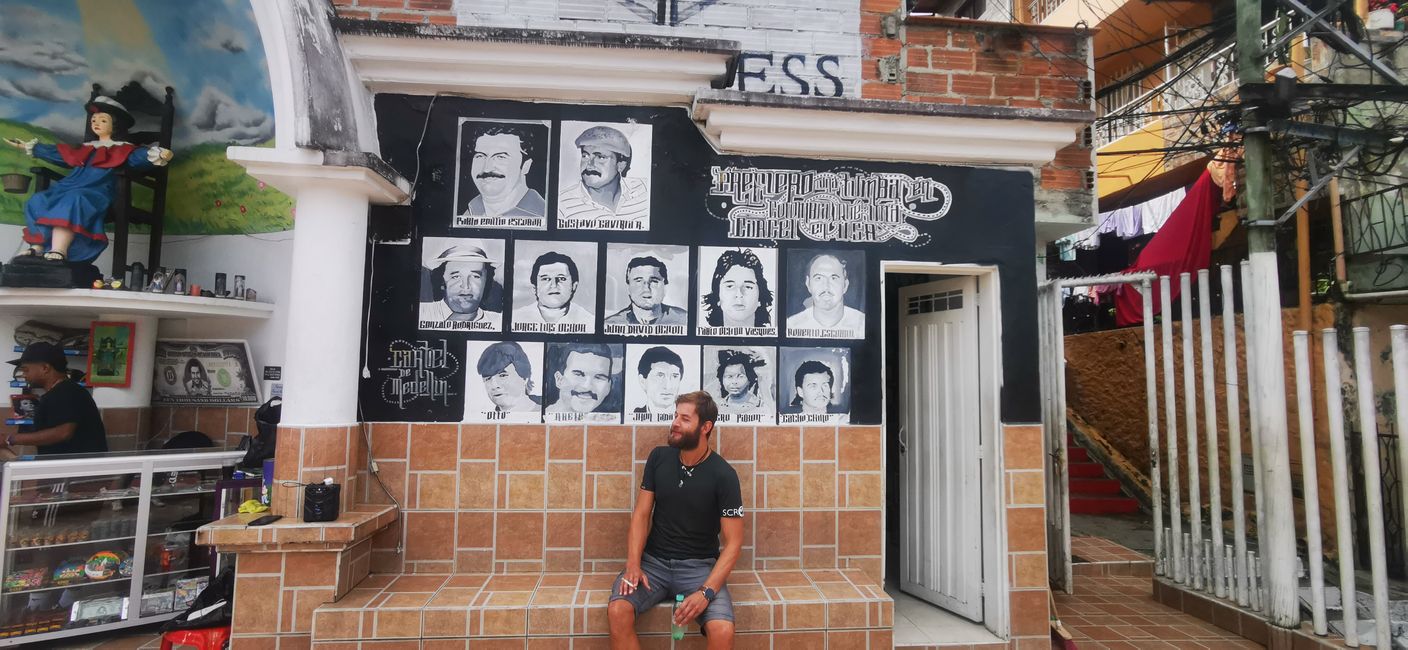
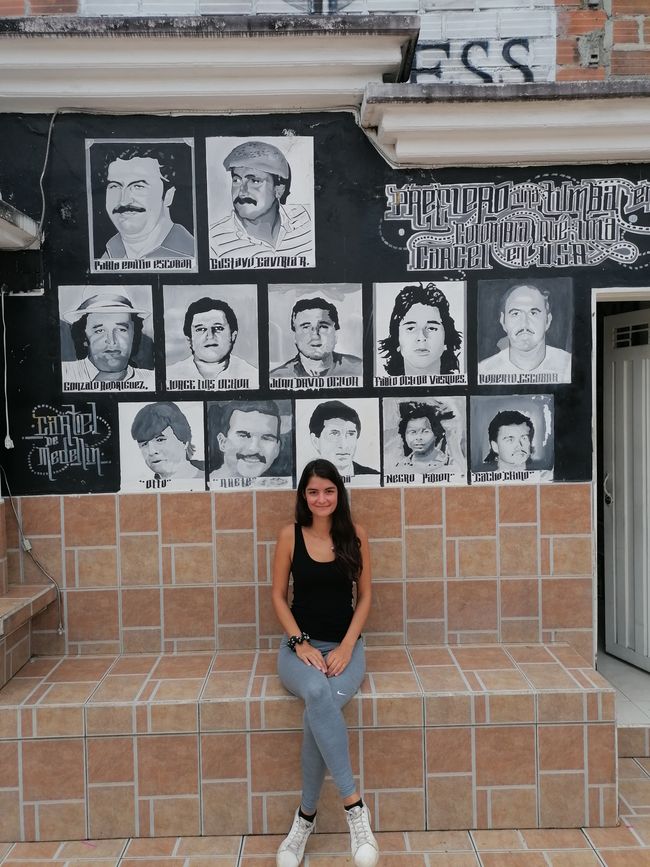
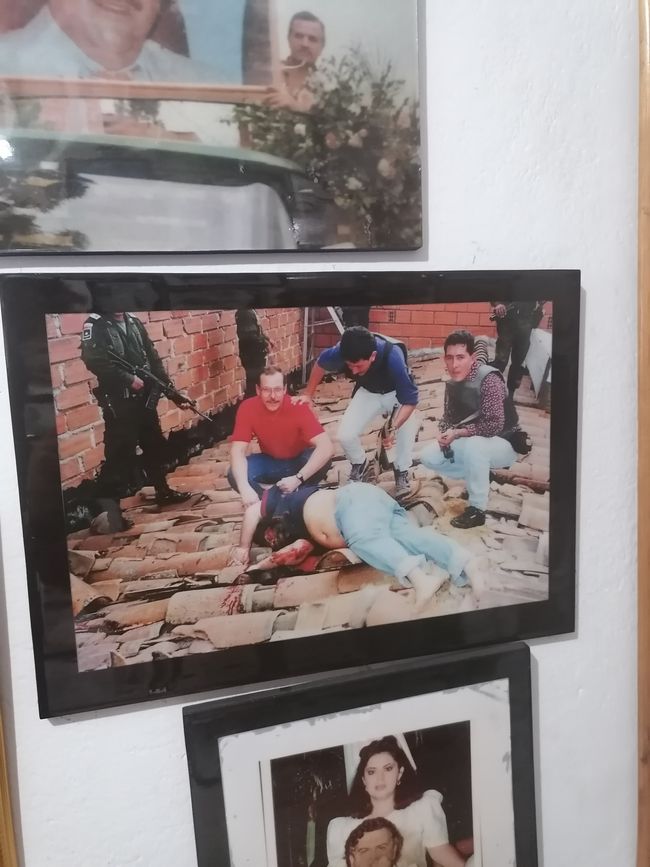
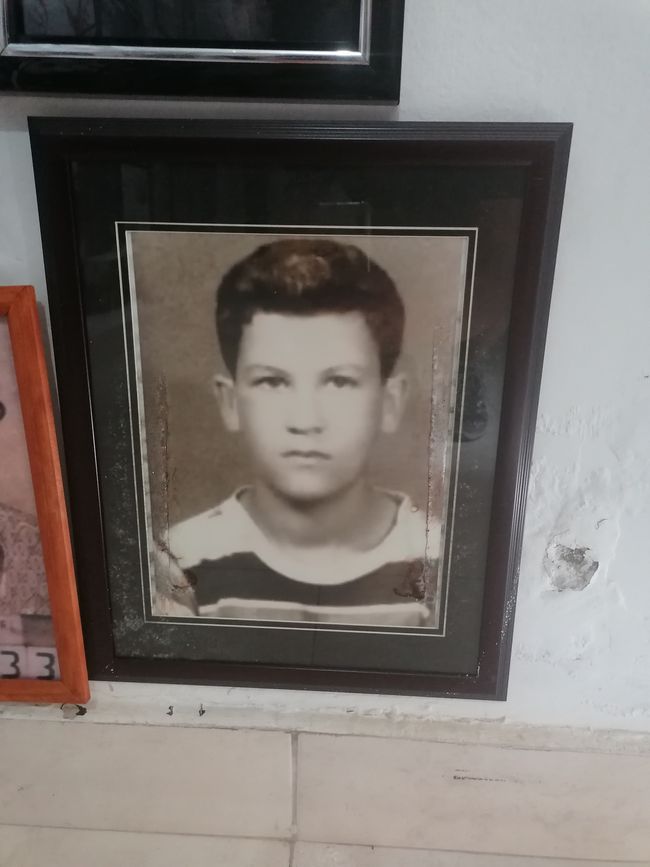
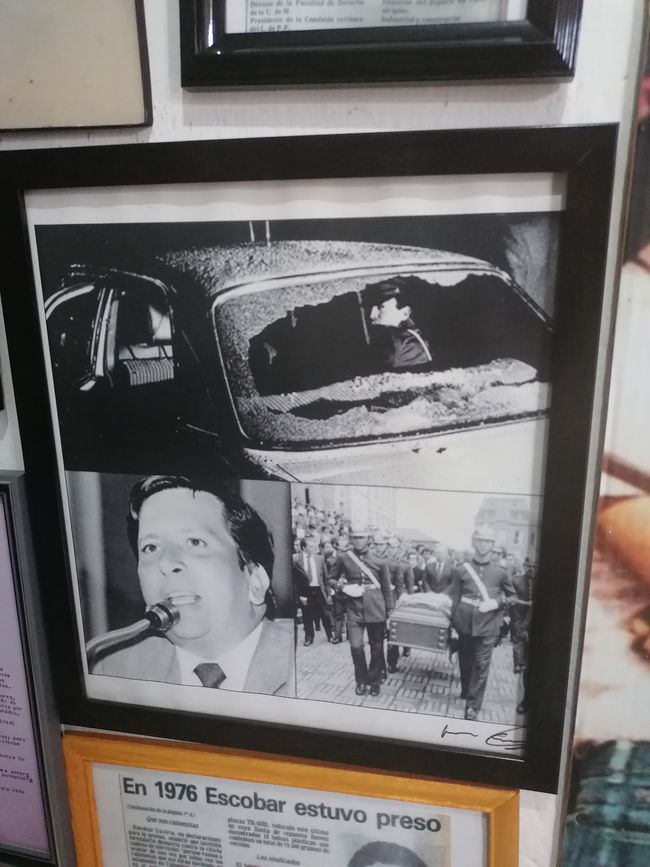
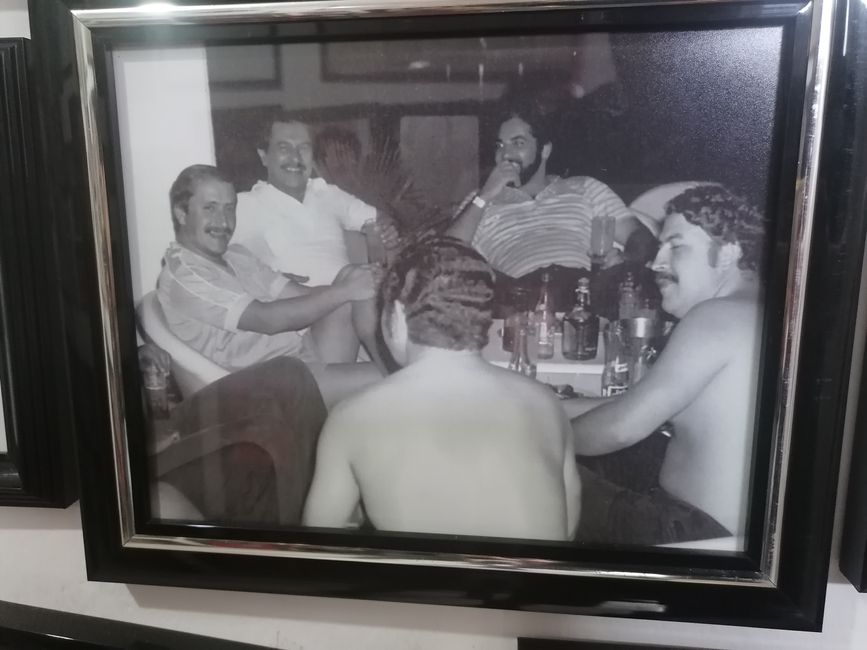
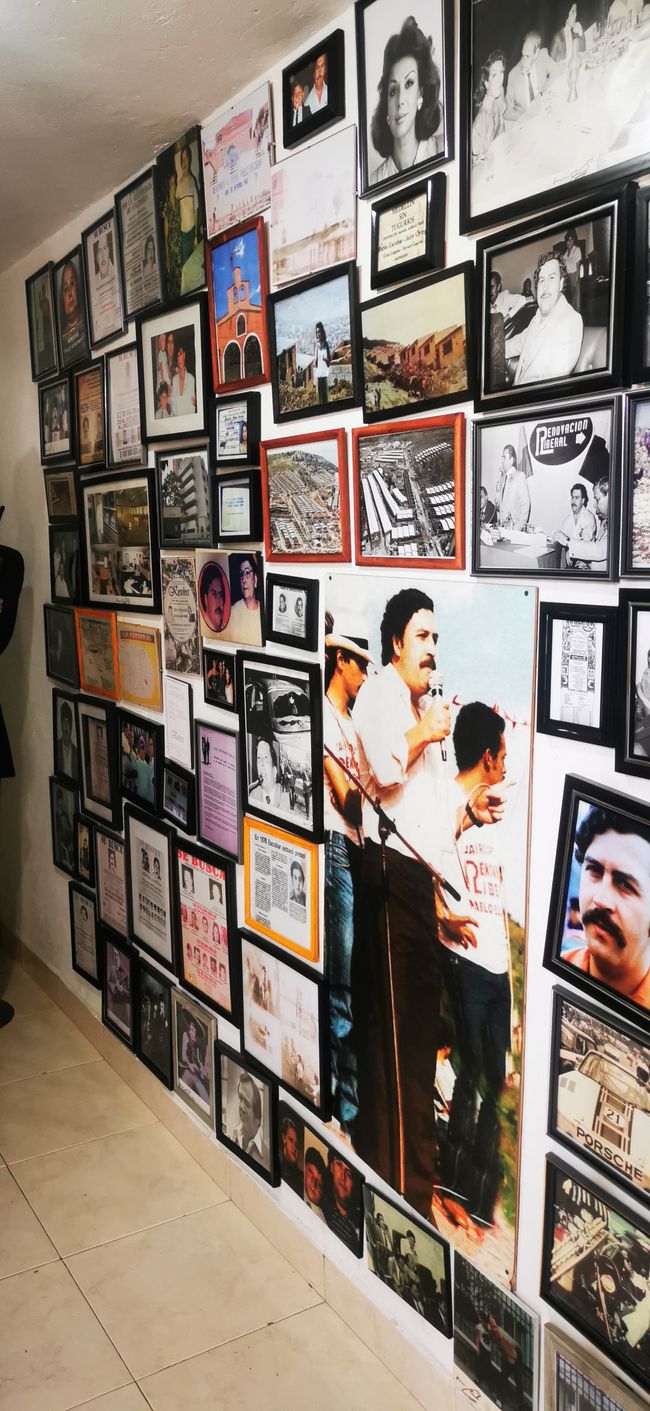
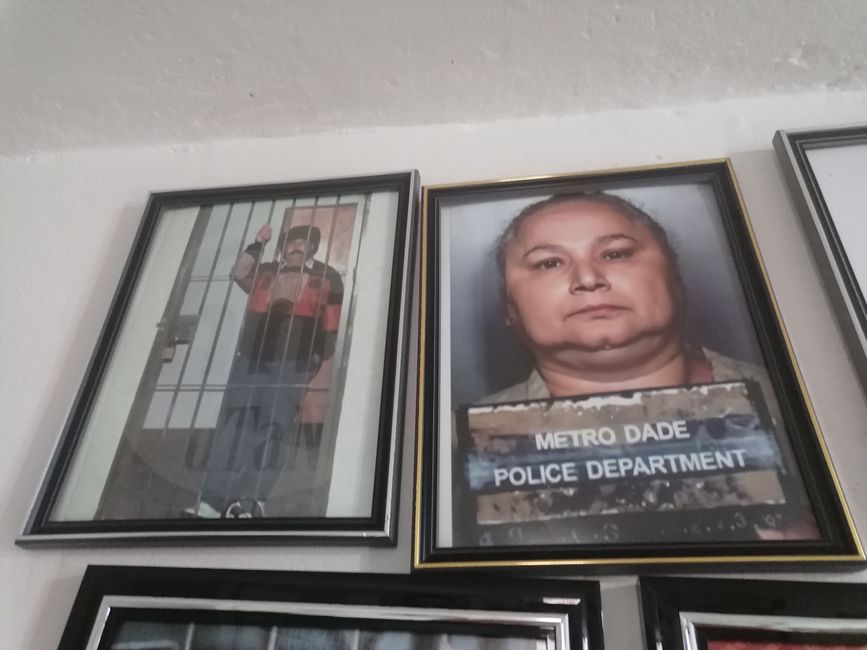
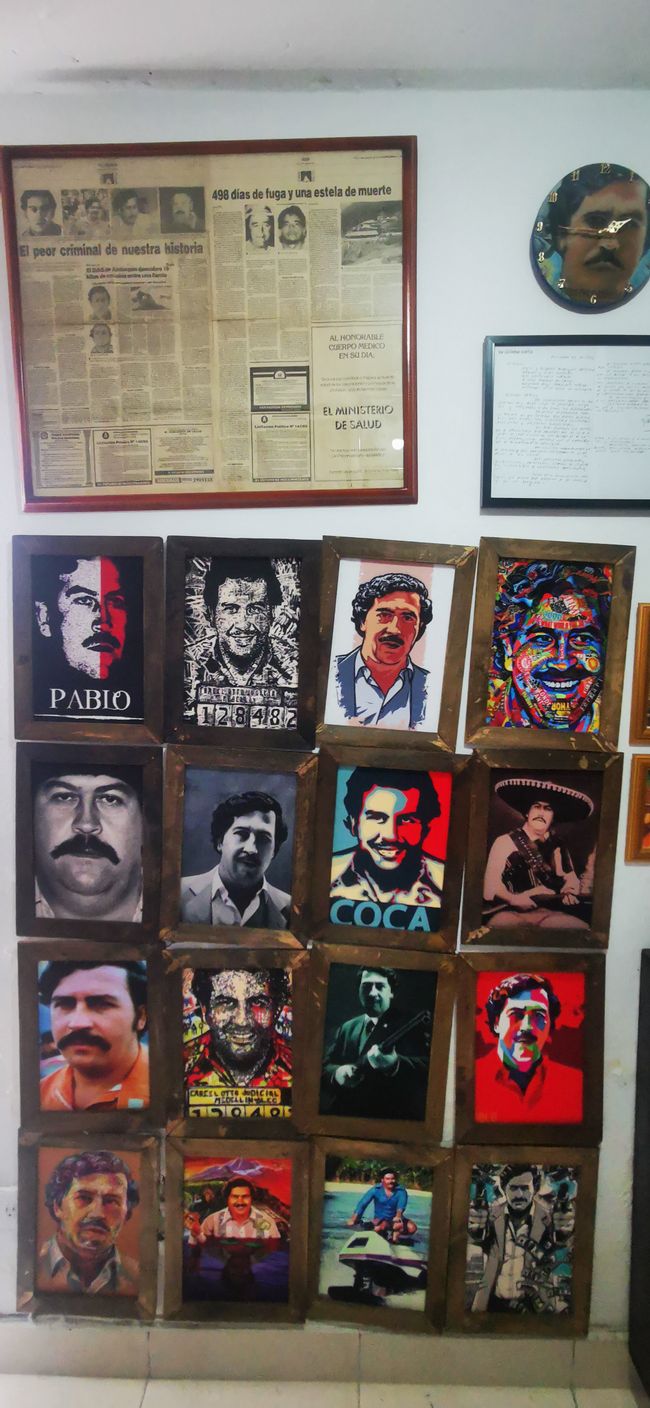
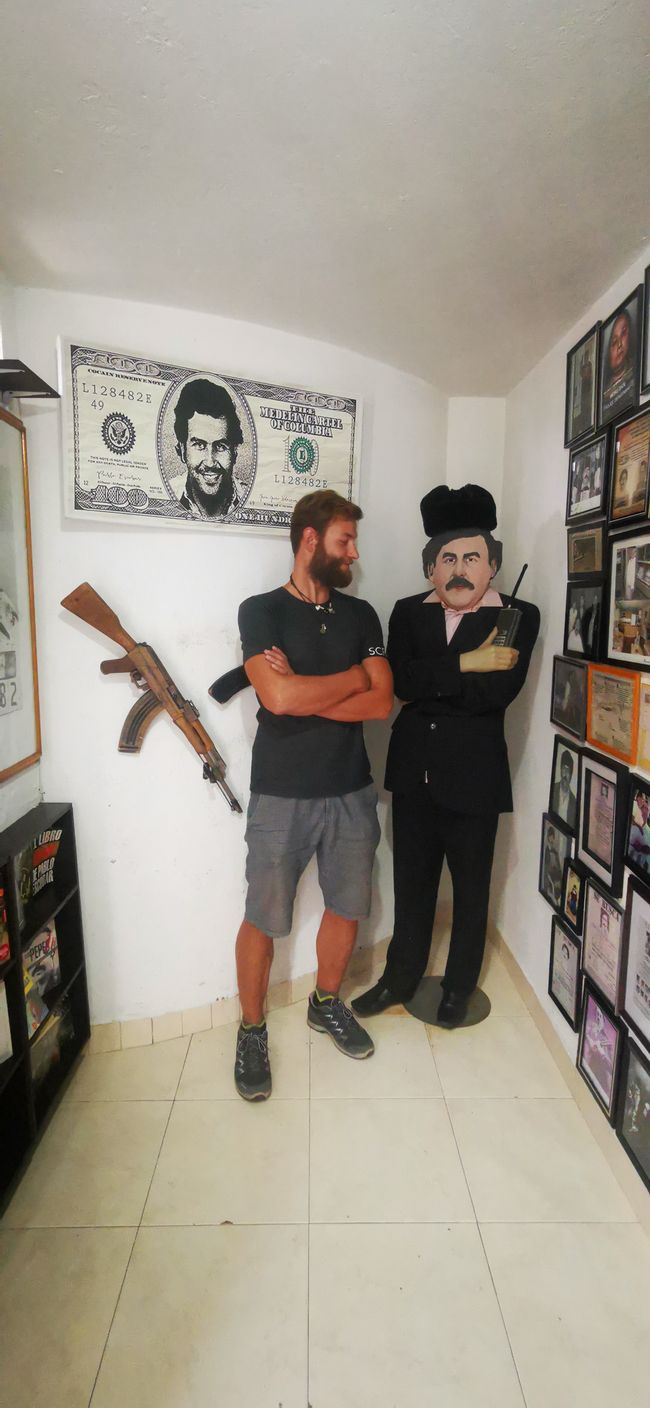
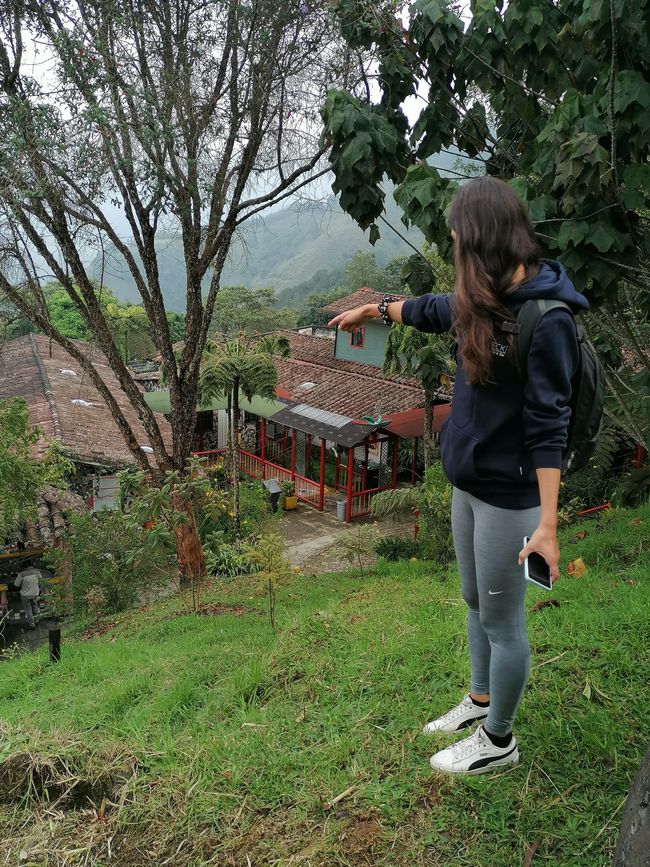
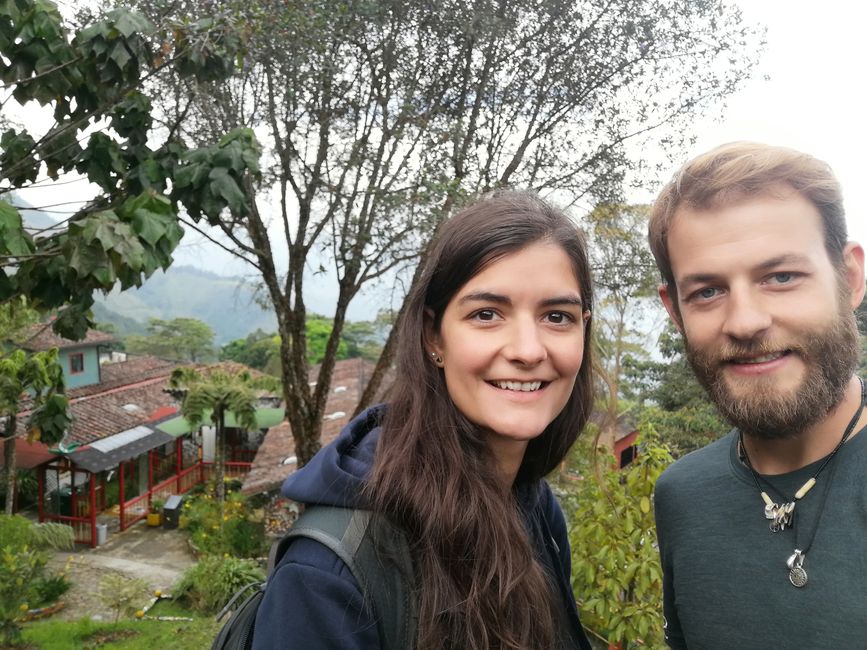
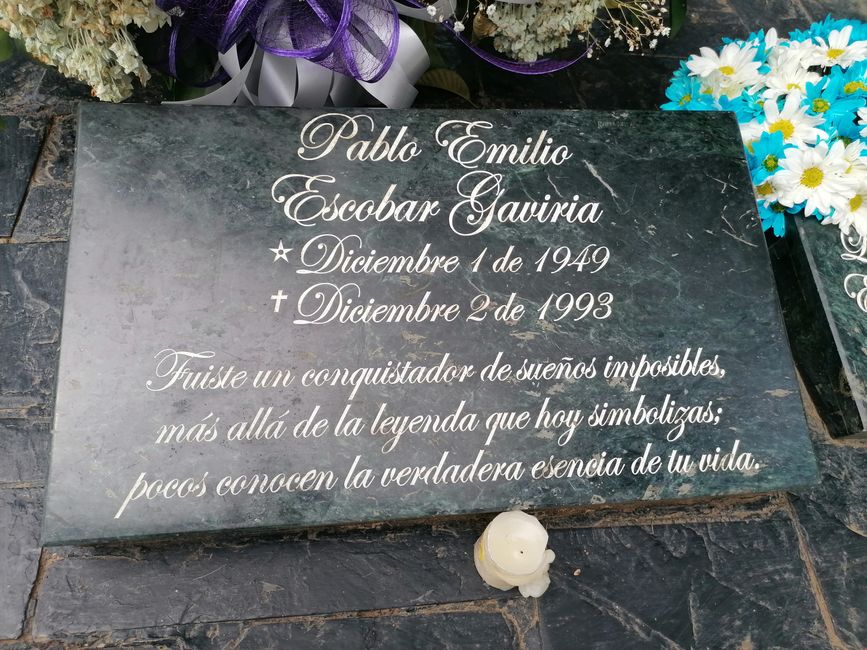
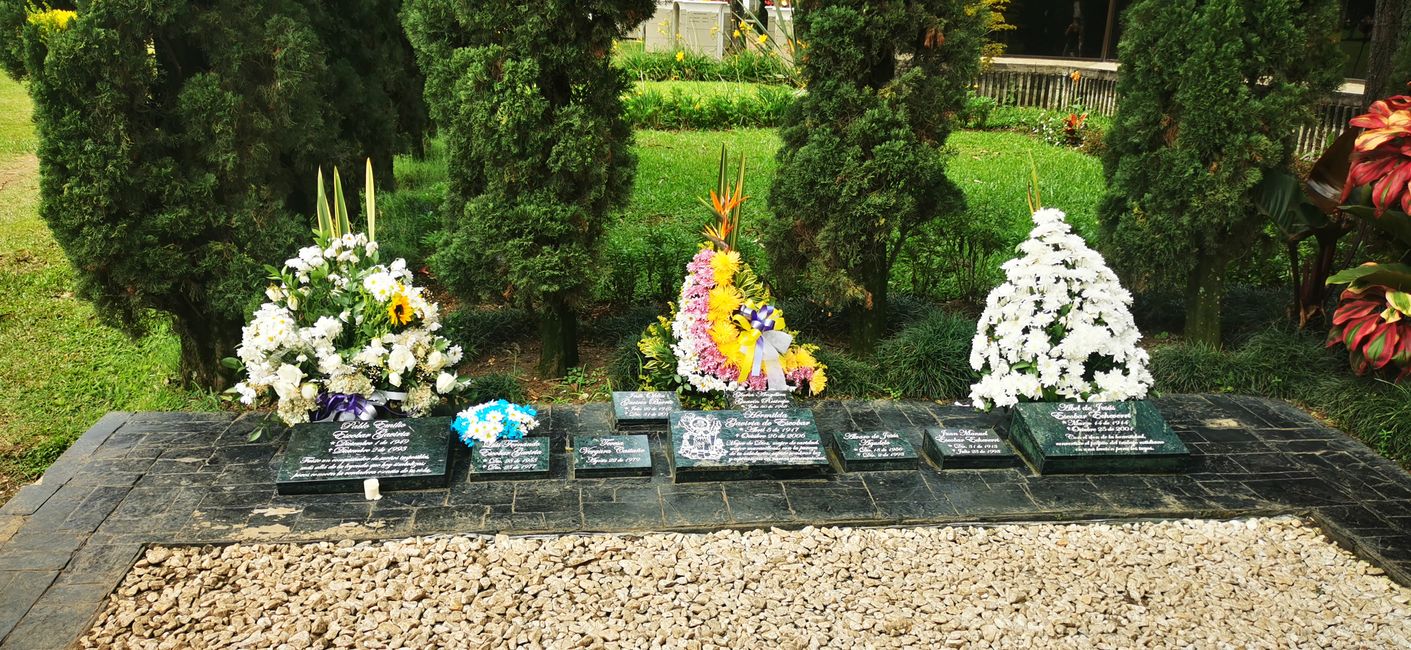
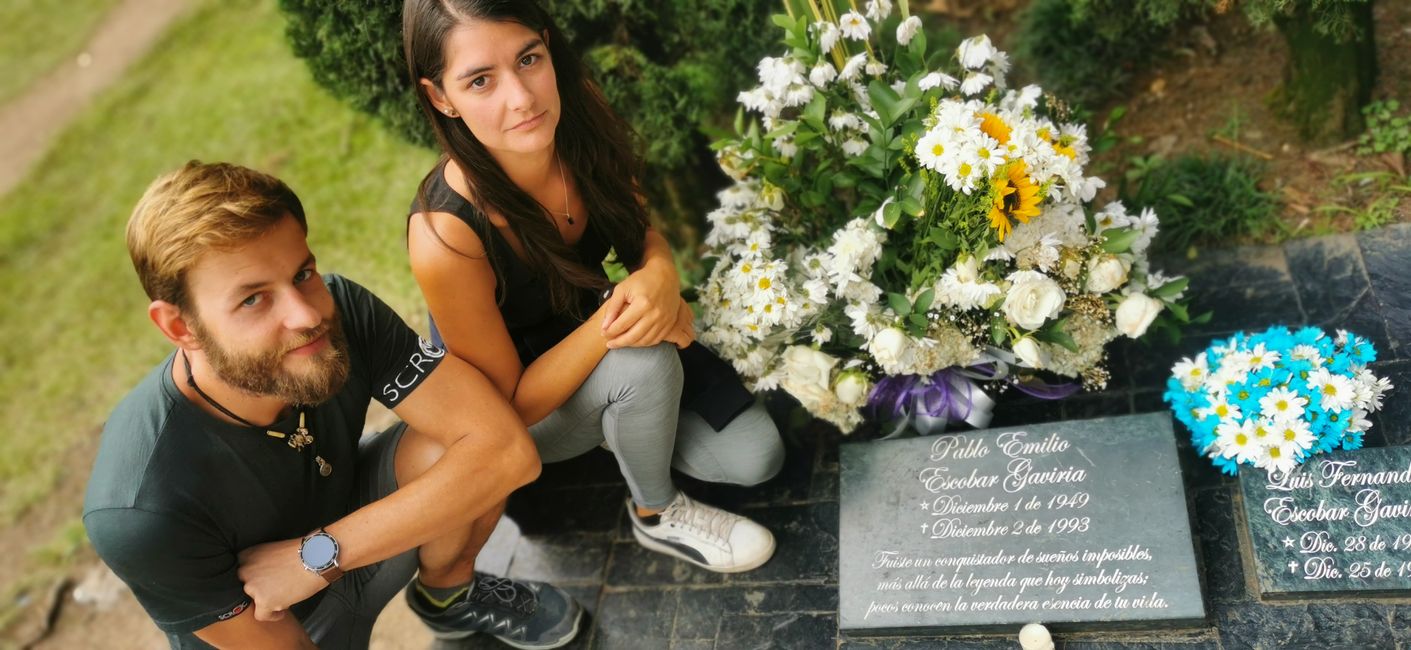
बातमीपत्राचे सदस्य व्हा
Day 61 - Monday 21.11.2022
The Medellín Cartel and Pablo Escobar
Today was finally the day, we went on the long-awaited Pablo Escobar Tour. This was one of the reasons why we chose Colombia as our travel destination. We booked a highly-rated tour through AirBnB. At 9:00, right in front of our apartment, we were picked up. Full of excitement, we jumped into the car and greeted David, a Colombian who grew up in Medellín and learned English with the help of Duolingo. We were lucky to be the only ones who booked this attraction today, so we had a private tour. The first stop was at the last residence of the drug lord of Colombia, also the place where he was shot.
The house is now privately owned and is not commercially marketed as the building where Pablo died. In general, many buildings, vehicles, and memories that remind of the former boss of the Medellín Cartel have been destroyed or intentionally hidden. It is not at all the case that all of Medellín remembers Pablo Escobar, as foreigners might imagine. The history of these cartels was by no means glorious for Colombia, so many governments, city administrations, but also locals have made the remnants of this time disappear.
David explained to us how it came about that Pablo Escobar ended up in such a house, with almost no protection (there was only one bodyguard with him). He also explained how the Colombian police and the DEA found out about his whereabouts. Contrary to what was thought, Pablo himself revealed his location to prevent further killings of his family. On the morning of December 2, 1993, the day Pablo Escobar died, the son of his longtime business partner and cousin was shot and probably even tortured. Another interesting information was that there were several indications that the former drug baron even committed suicide. Although the official police report claims that he was shot by policemen, the bullet hole, the position of his body, and some contradictions in the presentation of the official authorities leave much room for speculation. Our guide showed us some pictures of that day on his phone and then we moved on to the neighborhood that Pablo had built for a part of the poorest population of Medellín. In this part of the city, the man is still very popular today. Many families who live here owe their house or part of their property to Pablo Escobar. There is also one of the few private Escobar museums here. It is only a terrace with a souvenir shop and a small room of about 8 square meters, but it is still very interesting, as you can see many pictures of Pablo, his business partners, but also his former enemies. David told us a story or anecdote about many of these exhibits from the life of this man.
The third point on our tour was almost an hour away. 'La Catedral,' as the prison that Pablo Escobar built for himself is called here in Colombia. Today, the site serves as a retirement home and only a few remnants of the original building remain. Only an old wall reminds of the historic luxury prison. A large part of the original masonry was destroyed by people looking for Pablo's money. Unfortunately, quite surprisingly, the site was closed on the day we had our tour, so we could only catch a glimpse of it from the hill next to it. David was visibly annoyed by the owners' unreliability, but tried to tell us all the details of Pablo's prison, but also of his escape. He also explained to us how the whole system with the paramilitaries and guerrilla groups came about in Colombia.
Slightly disappointed that we were not allowed to enter the site, we drove back to the city to visit the cemetery where the Escobar family was buried. It is somewhat unusual for a cemetery to be visited by countless tourist groups just to see the grave of Pablo Escobar. Despite feeling slightly uncomfortable, we walked through the cemetery and looked at the final resting place of probably the most famous criminal in South America. Besides Pablo, some of his closest confidants and family members were also buried in the grave.
After this somewhat different experience, David brought us back to our accommodation and the tour, after about 4 hours, was already over. We were disappointed at how little of this time remained, but also because we were not allowed to enter 'La Catedral.' All in all, it was still a really good experience and we were able to hear the story of the Medellín Cartel from the perspective of a local.
In the late afternoon, Manfred had to watch soccer and later we ordered some food. Just before our order was delivered, we went to the balcony in the hallway, to which we did not have a key and which could only be opened from the inside, and Manfred let the door fall closed. So, we locked ourselves on the balcony. Luckily, we had the key with us and were able to explain to the delivery person, in our now improved Spanish, that he had to open the door from the inside. After a few attempts, the young man succeeded and we thanked him with a generous tip. The rest of the evening was relatively uneventful and soon the Sandman called us.
बातमीपत्राचे सदस्य व्हा
उत्तर द्या
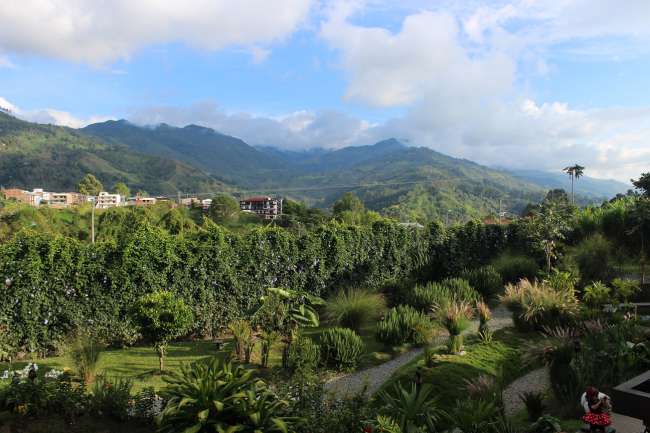
प्रवास अहवाल कोलंबिया
